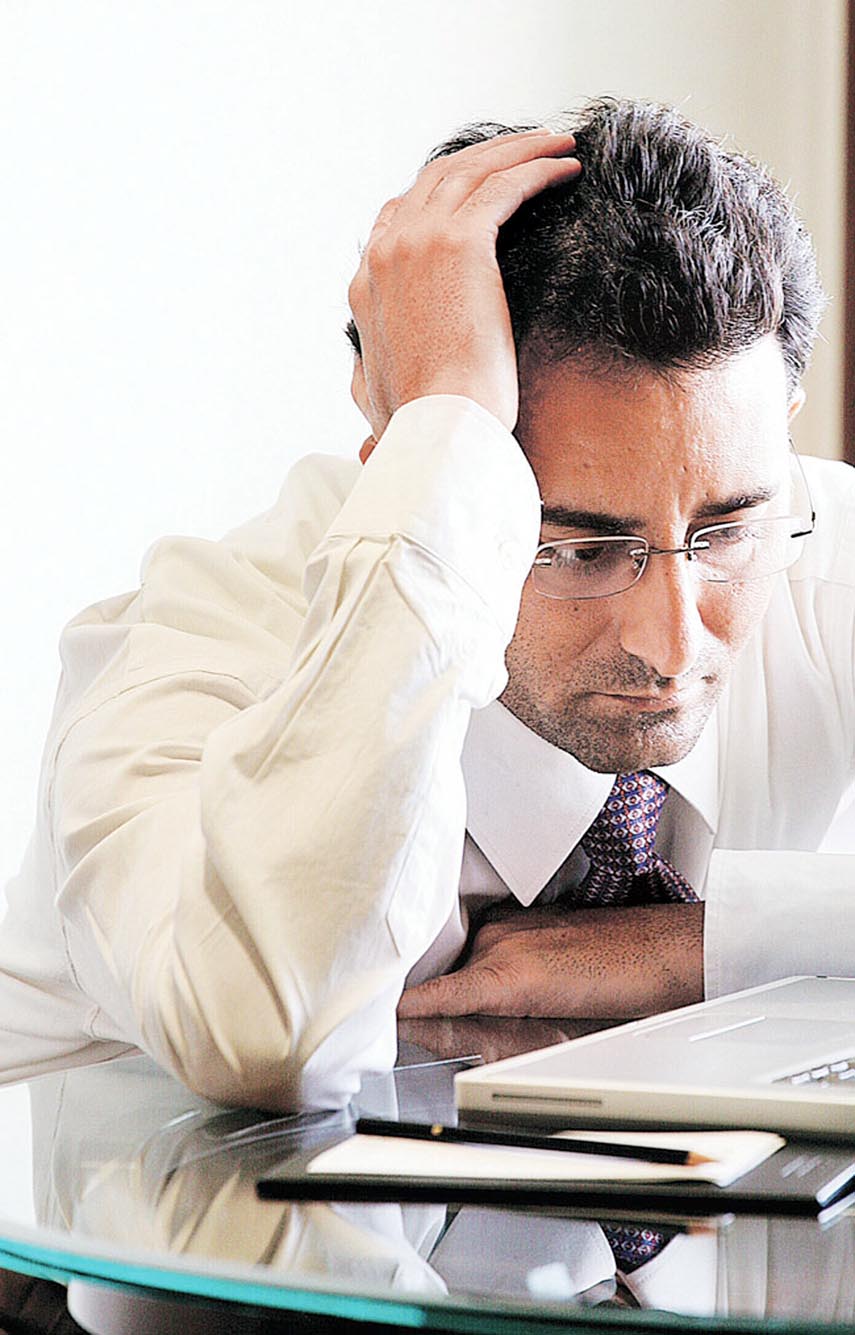
Life Desk :
There are several occupations – mostly in the secondary sector – that are plagued with health hazards. While construction workers are at risk of falling off the scaffolding, those in the mining industry are in danger of being exposed to hazardous chemicals. Although those working in an office – in the service sector – are not susceptible to such risks, there are, nevertheless, many factors that could affect the health of a professional.
“People working in offices can develop a variety of ailments due to working conditions,” says Dr. Madhusudan Singh Solanki, Consultant Psychiatrist at Saket City Hospital. “Physically, they may develop aches and pains due to sitting for long and in incorrect postures. They are prone to develop ailments characteristic of a sedentary lifestyle like obesity, dyslipidemia and diabetes. Mental health can be compromised if stress is overwhelming to an individual leading to anxiety depression, sleep problems or addiction.”
Beginning with the physical ailments, Dr. Manoj Miglani, a consultant at the Department of Orthopaedics, Spine Surgery & Joint Replacement, Fortis Flt. Lt. Rajan Dhall Hospital, Vasant Kunj, says: “The most common orthopaedic issues concerning those working in offices are neck pain (cervical spondylosis), back pain (lumbar spondylosis), knee pain (chondromalacia patellae) and generalised bone weakness. There are several ways to prevent such issues but to maintain bone health, one should have adequate amount of sunlight, calcium rich food, fruits and vegetables. You may need to add vitamin D and calcium supplements as most of the office-goers do not have much sunlight exposure. Also, regular exercises and walks are a must to maintain bone health.”
Apart from orthopaedic issues, the other major part of our body that gets affected working in an office is our eyes. Since most of our time is devoted to sitting in front of a computer and working on the phone, the chances are high that our eyesight might bear the brunt of it.
“Most young people are now using computers, tablet devices or mobile phones at work, as well as for leisure; this prolonged use of computers can lead to eye strain which can sometimes be very disruptive for a working professional,” says Dr. Dinesh Verma, Director of the Department of Ophthalmology, Fortis Flt. Lt. Rajan Dhall Hospital, Vasant Kunj.
Dr. Verma’s tips to prevent such symptoms are as follows: One, always use background light to neutralise the brightness of the computer screen, if working in a dimly-lit or dark room. Two, keep the brightness of the screen to a minimum required for reading the text and looking at images. Three, have a comfortable distance from the computer screen, which is usually about 33-44 cm depending on your age. Four, rest your eyes for two minutes after every hour of computer use.
Five, if there is aching of eyes after prolonged use of computer, close the eyes and apply gentle pressure with your palm over the closed lids. Six, if you continue to have symptoms of strain, watering, redness, aching or headaches, then you should consult an eye doctor to rule out any disease. Doctor may prescribe drops or excises depending on the results of tests conducted in the clinic.
Other than physical ailments, another factor that can hinder a person’s professional life and cause distress is stress.
“Stress affects various aspects of an individual’s daily functioning,” says Dr. Kamna Chibber, head of Mental Health and Behavioural Sciences at Fortis Healthcare. “Excessive stress is known to impact moods, thoughts and feelings.
It can increase levels of anxiety, cause moodrelated problems (low moods or irritability and anger), impact sleep cycles.
It also can cause excessive rumination or thinking and the thought process can become potentially negative with the continued presence of stressors. As a result, if a person doesn’t have an effective support mechanism it would lead to loss of motivation and drive, besides making him/her unable to cope with the continued presence of stressors. All this will affect his/her social and occupational functioning, and productivity at work.”
Dr. Solanki adds, “Stress can trigger or exacerbate an illness in a susceptible individual. It can also determine the course of illness and relapses. Hence, we can say it plays a major role in health issues.” In the end, as Dr. Solanki says, having a balanced approach to life is the key to deal with stress and work-related health issues. “One should have realistic expectations from him/herself, should have clear priorities in life, should learn to separate work from other things in life, should learn ways to relax and unwind, and maintain a healthy lifestyle by taking healthy diet, regular exercise and staying away from substances,” she adds.
– Mail Today

